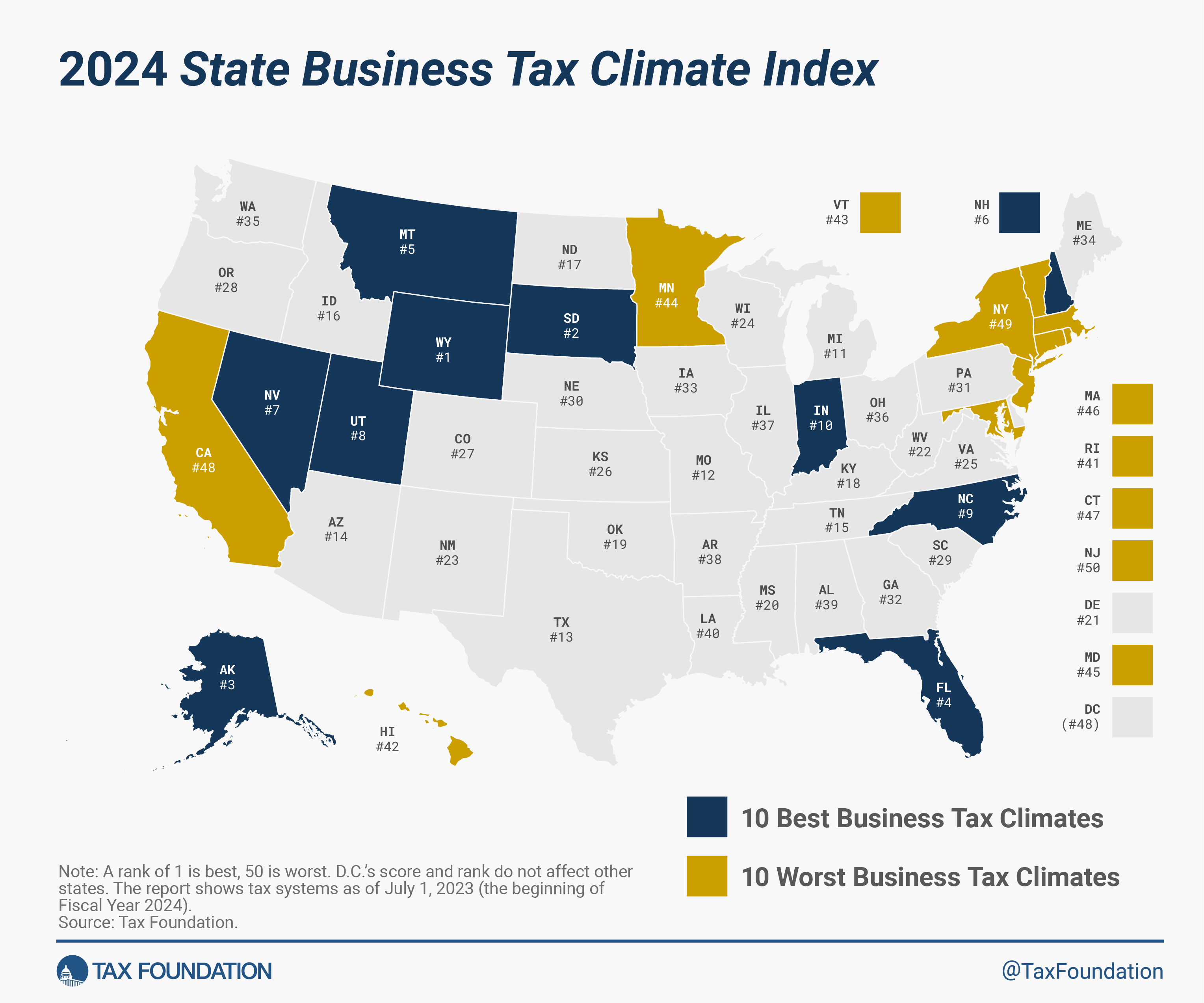Income Tax Rates in Europe
Most countries’ personal income taxes have a progressive structure, meaning that the tax rate paid by individuals increases as they earn higher wages. The highest tax rate individuals pay differs significantly across European OECD countries—as shown in today’s map.
The top statutory personal income tax rate applies to the share of income that falls into the highest tax bracket. For instance, if a country has five tax brackets, and the top income tax rate of 50 percent has a threshold of €1 million, then each additional euro of income over €1 million would be taxed at 50 percent.
Denmark (55.9 percent), France (55.4 percent), and Austria (55 percent) had the highest top statutory personal income tax rates in Europe among OECD countries in 2022. Hungary (15 percent), Estonia (20 percent), and the Czech Republic (23 percent) had the lowest top statutory personal income top rates in Europe.
Top Personal Income Tax Rates in Europe| European OECD Country | Top Statutory Personal Income Tax Rate |
|---|---|
| Austria (AT) | 55.0% |
| Belgium (BE) | 53.5% |
| Czech Republic (CZ) | 23.0% |
| Denmark (DK) | 55.9% |
| Estonia (EE) | 20.0% |
| Finland (FI) | 53.4% |
| France (FR) | 55.4% |
| Germany (DE) | 47.5% |
| Greece (GR) | 44.0% |
| Hungary (HU) | 15.0% |
| Iceland (IS) | 46.3% |
| Ireland (IE) | 48.0% |
| Italy (IT) | 47.2% |
| Latvia (LV) | 31.0% |
| Lithuania (LT) | 32.0% |
| Luxembourg (LU) | 45.8% |
| Netherlands (NL) | 49.5% |
| Norway (NO) | 39.5% |
| Poland (PL) | 36.0% |
| Portugal (PT) | 53.0% |
| Slovakia (SK) | 25.0% |
| Slovenia (SI) | 50.0% |
| Spain (ES), Valencia | 54.0% |
| Sweden (SE) | 52.3% |
| Switzerland (CH) | 44.8% |
| Turkey (TR) | 40.8% |
| United Kingdom (GB) | 45.0% |
| Source: PwC, “Worldwide Tax Summaries,” accessed Feb. 15, 2023, taxsummaries.pwc.com. | |






